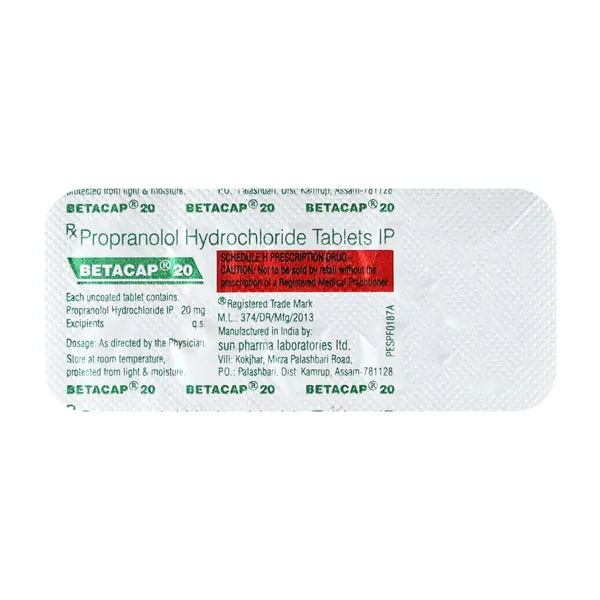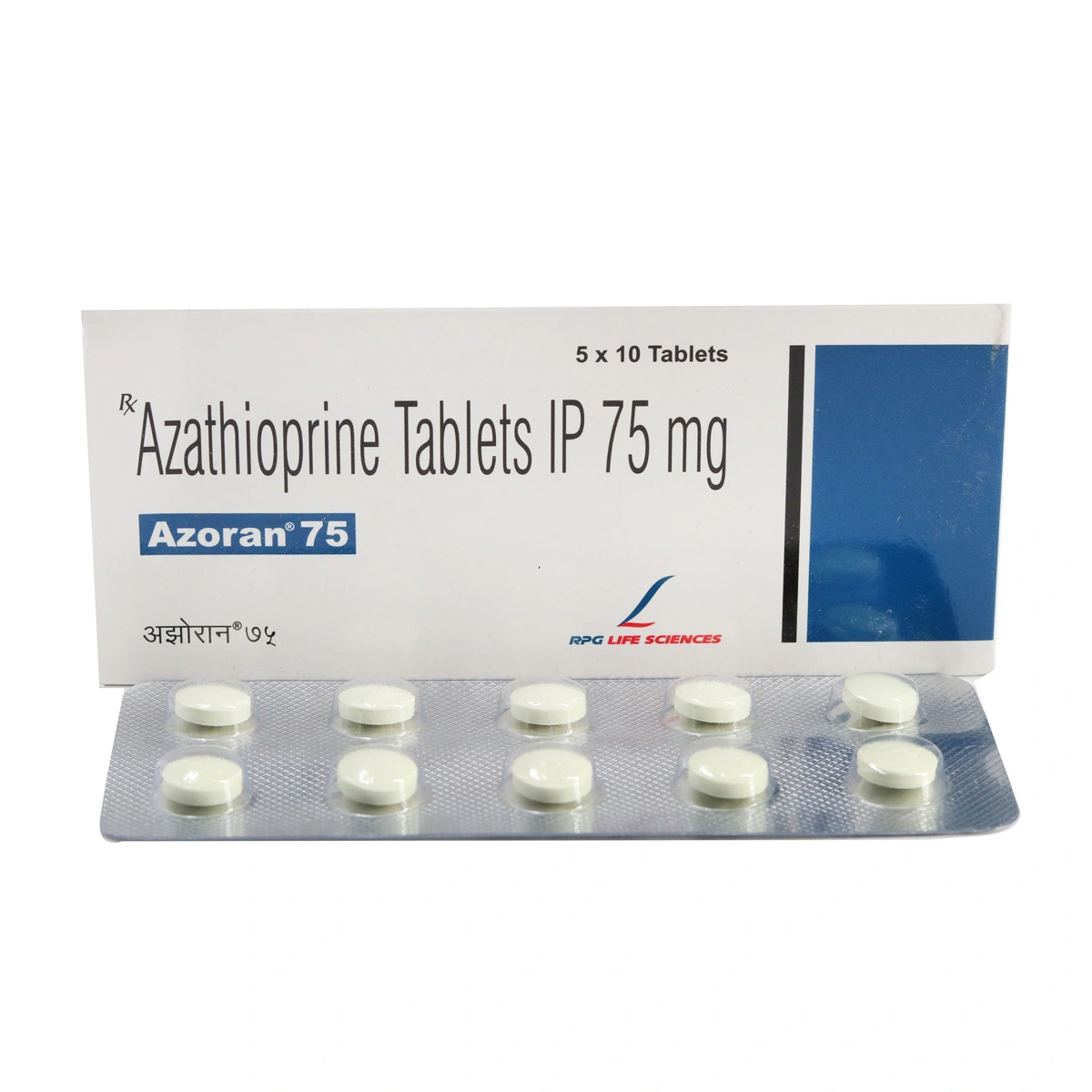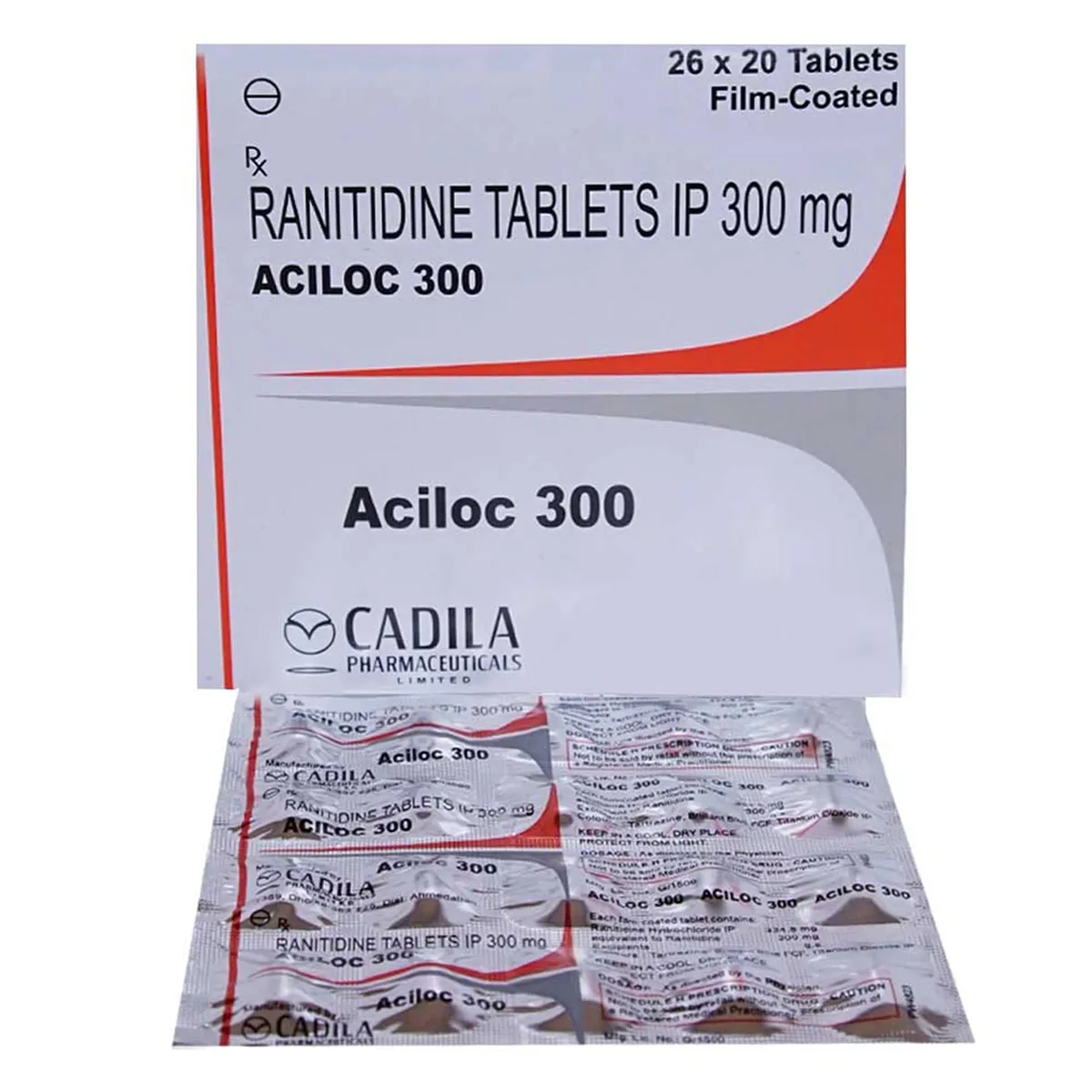Use:
It helps reduce anxiety and tremors. It also helps prevent migraines, chest pain related to heart disease (angina) and stomach bleeding due to elevated liver blood pressure (portal hypertension.
Indication:
It can also be used for high blood pressure (hypertension) and certain types of arrhythmia (abnormal heart rhythm). The dosage will depend on the type of treatment you are receiving and how well you respond to it.
Always take this medication as prescribed by your doctor. It is best to take it on a semi-empty stomach and at approximately the same time every day. Even if you feel fine, you should continue taking it as you are getting the benefits . If you suddenly stop taking it, your condition can deteriorate.
Side Effects:
Common side effects include tiredness, weakness, numbness in the fingers and toes, Raynaud’s phenomenon, irregular or slow heart rate, nausea, vomiting and diarrhoea. If any of these symptoms bother you or persist, consult your doctor. Most of the side effects are temporary and resolve as your body adapts to the medicine.
Safety Advice:
If you have asthma, heart rhythm that is very slow or uneven, or heart failure, this medicine should not be used. Consult your doctor if you have problems with your kidneys or liver, or if you have COPD (Chronic Obstructive Pulmonary Disease). If you drink alcohol, this medicine may interact with your lifestyle and should not be taken. If you feel dizzy while taking this medicine, do not drive. If you are pregnant or breast feeding, ask your doctor if this medicine is safe to take.










